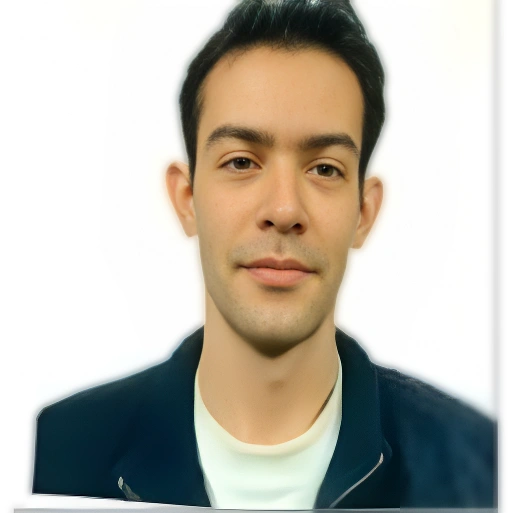Yazarlar (9)
Prof. Dr. Özkan ÖZDEN
Kafkas Üniversitesi, Türkiye

Türkiye

Türkiye

Türkiye

Türkiye

Türkiye

Türkiye

Türkiye

Türkiye
| Makale Türü |
|
| Makale Alt Türü | SSCI, AHCI, SCI, SCI-Exp dergilerinde yayınlanan tam makale |
| Dergi Adı | FREE RADICAL BIOLOGY AND MEDICINE |
| Dergi ISSN | 0891-5849 Wos Dergi Scopus Dergi |
| Dergi Tarandığı Indeksler | SCI |
| Makale Dili | İngilizce |
| Basım Tarihi | 11-2014 |
| Cilt No | 76 |
| Sayfalar | 163 / 172 |
| DOI Numarası | 10.1016/j.freeradbiomed.2014.08.001 |
| Makale Linki | http://dx.doi.org/10.1016/j.freeradbiomed.2014.08.001 |
| Özet |
| Pyruvate dehydrogenase E1α (PDHA1) is the first component enzyme of the pyruvate dehydrogenase (PDH) complex that transforms pyruvate, via pyruvate decarboxylation, into acetyl-CoA that is subsequently used by both the citric acid cycle and oxidative phosphorylation to generate ATP. As such, PDH links glycolysis and oxidative phosphorylation in normal as well as cancer cells. Herein we report that SIRT3 interacts with PDHA1 and directs its enzymatic activity via changes in protein acetylation. SIRT3 deacetylates PDHA1 lysine 321 (K321), and a PDHA1 mutant mimicking a deacetylated lysine (PDHA1(K321R)) increases PDH activity, compared to the K321 acetylation mimic (PDHA1(K321Q)) or wild-type PDHA1. Finally, PDHA1(K321Q) exhibited a more transformed in vitro cellular phenotype compared to PDHA1(K321R). These results suggest that the acetylation of PDHA1 provides another layer of enzymatic regulation, in addition to phosphorylation, involving a reversible acetyllysine, suggesting that the acetylome, as well as the kinome, links glycolysis to respiration. |
| Anahtar Kelimeler |
| Pyruvate dehydrogenase | SIRT3 | PDHA1 | Acetylation | Carcinogenesis | Warburg | Free radicals |
| Atıf Sayıları | |
| WoS | 169 |

